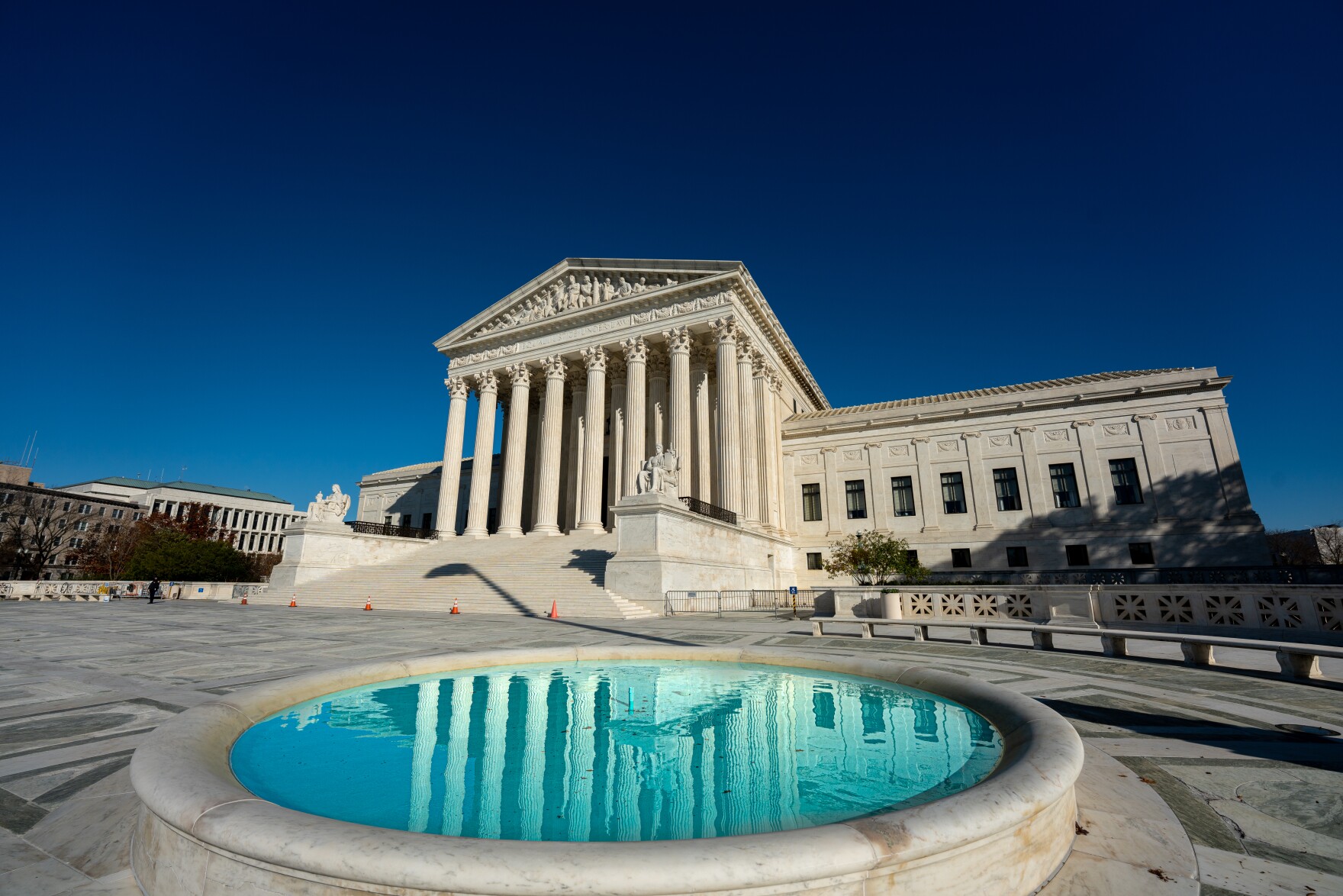
- Details
- By Tripp J Crouse - KNBA
The U.S. Supreme Court announced Monday, February 28, that it will hear several cases challenging the constitutionality of the Indian Child Welfare Act, or ICWA. The law was passed in 1978 in response to the disproportionate removal of Native children from their homes, families and communities.
The Indian Child Welfare Act is a federal law that is used in Native child adoption cases.
This story was originally published by KNBA on Monday February 28, 2022. Read the original storyat KNBA. Republished by Native News Online with permission.
ICWA basically provides Tribes with an opportunity to intervene when state child welfare and adoption agencies consider whether to remove a Native child from a home. The children can be enrolled citizens of the Tribe or be eligible for membership status.
Want more Native News? Get the free daily newsletter today.
Some states passed their own ICWA laws, but those laws must offer additional benefits – not change or remove the application of federal law.
Many of the arguments opposing ICWA say that law illegally discriminates against non-Native families based on race when placing Native children in homes.
And that’s the argument at the core of Brackeen v. Haaland. The case began as a lawsuit in 2018 in Texas. It challenges ICWA as a race-based law and says it should be struck down based on equal-protection grounds.
Because of the split decision, the ruling applies only to the judicial district which includes Louisiana, Mississippi and Texas.
In September, four Tribes, the state of Texas and several parents filed petitions to ask the Supreme Court to review the decision.
The Supreme Court has consolidated all of those petitions but has not yet set a date to hear them.
Also Monday, the Supreme Court declined to hear arguments in a case between Little Traverse Bay Bands of Odawa Indians versus Michigan Governor Gretchen Whitmer (Little Traverse Bay Bands of Odawa Indians v. Whitmer).
The federally recognized Tribe, which includes more than 4,000 Tribal citizens, appealed a decision against them in which they argued the 1855 Treaties of Detroit established a federal reservation for the Tribe.
The Tribe filed its petition for the Supreme Court to hear the case in November.
Photo caption: The U.S. Supreme Court on November 20, 2020. (Creative Commons photo courtesy Miki Jourdan/Flickr)
More Stories Like This
Native News Weekly (August 25, 2024): D.C. BriefsUS Presidents in Their Own Words Concerning American Indians
Indigenous Actor Elaine Miles Reports Detention by Alleged ICE Agents
Happy Thanksgiving from Native News Online
Coming Up on Native Bidaské: Behind the Animation: Joey Clift Talks “Pow” and Native Storytelling
Help us tell the stories that could save Native languages and food traditions
At a critical moment for Indian Country, Native News Online is embarking on our most ambitious reporting project yet: "Cultivating Culture," a three-year investigation into two forces shaping Native community survival—food sovereignty and language revitalization.
The devastating impact of COVID-19 accelerated the loss of Native elders and with them, irreplaceable cultural knowledge. Yet across tribal communities, innovative leaders are fighting back, reclaiming traditional food systems and breathing new life into Native languages. These aren't just cultural preservation efforts—they're powerful pathways to community health, healing, and resilience.
Our dedicated reporting team will spend three years documenting these stories through on-the-ground reporting in 18 tribal communities, producing over 200 in-depth stories, 18 podcast episodes, and multimedia content that amplifies Indigenous voices. We'll show policymakers, funders, and allies how cultural restoration directly impacts physical and mental wellness while celebrating successful models of sovereignty and self-determination.
This isn't corporate media parachuting into Indian Country for a quick story. This is sustained, relationship-based journalism by Native reporters who understand these communities. It's "Warrior Journalism"—fearless reporting that serves the 5.5 million readers who depend on us for news that mainstream media often ignores.
We need your help right now. While we've secured partial funding, we're still $450,000 short of our three-year budget. Our immediate goal is $25,000 this month to keep this critical work moving forward—funding reporter salaries, travel to remote communities, photography, and the deep reporting these stories deserve.
Every dollar directly supports Indigenous journalists telling Indigenous stories. Whether it's $5 or $50, your contribution ensures these vital narratives of resilience, innovation, and hope don't disappear into silence.
 The stakes couldn't be higher. Native languages are being lost at an alarming rate. Food insecurity plagues many tribal communities. But solutions are emerging, and these stories need to be told.
The stakes couldn't be higher. Native languages are being lost at an alarming rate. Food insecurity plagues many tribal communities. But solutions are emerging, and these stories need to be told.
Support independent Native journalism. Fund the stories that matter.
Levi Rickert (Potawatomi), Editor & Publisher
